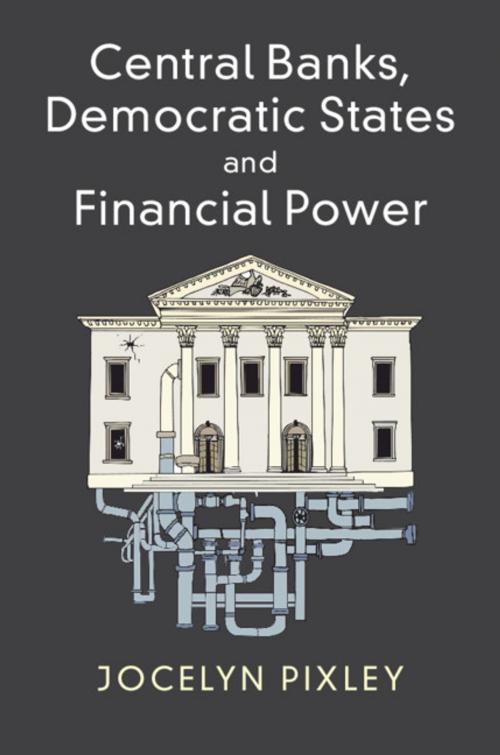Central Banks, Democratic States and Financial Power
Business & Finance, Finance & Investing, Finance, Nonfiction, Social & Cultural Studies, Social Science| Author: | Jocelyn Pixley | ISBN: | 9781108657006 |
| Publisher: | Cambridge University Press | Publication: | June 30, 2018 |
| Imprint: | Cambridge University Press | Language: | English |
| Author: | Jocelyn Pixley |
| ISBN: | 9781108657006 |
| Publisher: | Cambridge University Press |
| Publication: | June 30, 2018 |
| Imprint: | Cambridge University Press |
| Language: | English |
When the Federal Reserve, European Central Bank and Bank of England purchased bank and state debt during the 2007–2008 crisis, it became apparent that, when technically divorced from fiscal policy, monetary policy cannot revive but only prevent economic activity deteriorating further. Pixley explains how conflicting social forces shape the diverse, complex relations of central banks to the money production of democracies and the immense money creation by capitalist banking. Central banks are never politically neutral and, despite unfair demands, are unable to prevent collapses to debt deflation or credit/asset inflation. They can produce debilitating depressions but not the recoveries desired in democracies and unwanted by capitalist banks or war finance logics. Drawing on economic sociology and economic histories, this book will appeal to informed readers interested in studying democracies, banks and central banking's ambivalent positions, via comparative and distributive perspectives.
When the Federal Reserve, European Central Bank and Bank of England purchased bank and state debt during the 2007–2008 crisis, it became apparent that, when technically divorced from fiscal policy, monetary policy cannot revive but only prevent economic activity deteriorating further. Pixley explains how conflicting social forces shape the diverse, complex relations of central banks to the money production of democracies and the immense money creation by capitalist banking. Central banks are never politically neutral and, despite unfair demands, are unable to prevent collapses to debt deflation or credit/asset inflation. They can produce debilitating depressions but not the recoveries desired in democracies and unwanted by capitalist banks or war finance logics. Drawing on economic sociology and economic histories, this book will appeal to informed readers interested in studying democracies, banks and central banking's ambivalent positions, via comparative and distributive perspectives.















